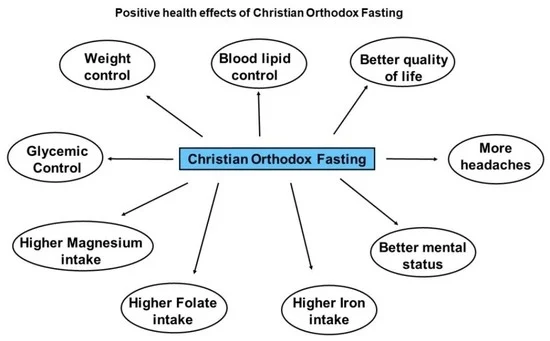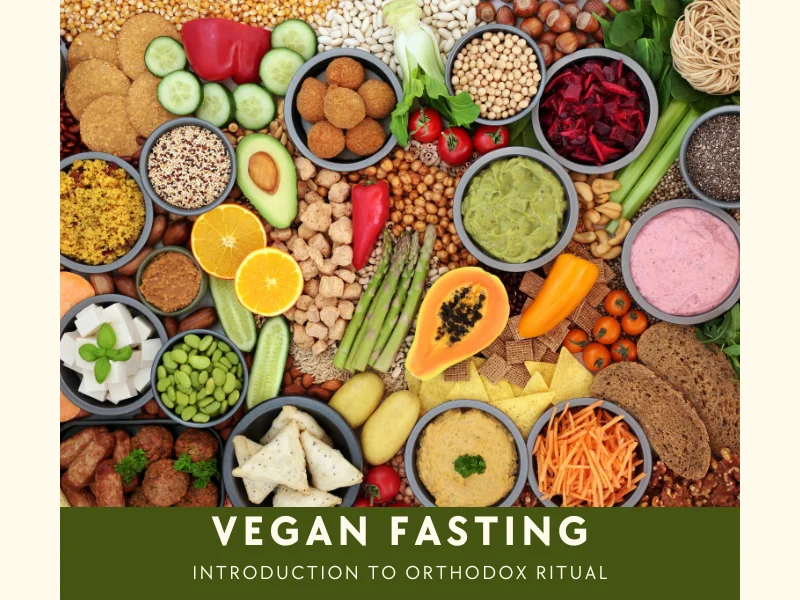We may be very obsessed today with diet, exercise and health tips. But by no means is this new — we’ve been obsessed with it for tens of thousands of years, ever since we’ve had the language to wax poetic about the brealdown of our bodies. Religious texts are often great repositories of what kind of medical knowledge was around in the day. Of course 95% of medical knowledge up until the 20th century has been quackery, but it’s interesting nonetheless.

The Kitzur Shulchan Aruch has had a few diet tips so far that I thought interesting*. Firstly, it seems to advocate a diet based on your temperament (32:4). For instance, a hot-headed impulsive person should avoid spicy foods that might flare up the temperament — but should rather eat more cooling dishes, such as sour foods. Or something like that. This reminds me of the whole “eat right for your blood type” scam.
Nothing speaks to the faddishness of pop medical advice than this book of Jewish law stating that wholemeal bread is better for you than white bread and hence should be given preference (32:5), but also that white wine is better than red wine (52:8). No doubt throughout Jewish history, medical opinion has shifted as much as it has on these two items. The exceptional thing about the culture of Orthodox Judaism though is this. Since the word of the rabbis is considered divinely inspired (hence “Oral Law”), what other cultures would consider opinion or advice can sometimes get codified as YHWH-given fact.

For instance, let’s compare the above advice (which may not be too scientific but at is least moderately sober) to a much more ancient text — the Talmud. When reading through Avodah Zarah 28-29, which gives some remedies considered authoritative at the time:
- to ease bleeding from a sword wound, drink cress with vinegar
- to cure large blisters (a precursor of death), eat grated rue with honey, or celery with wine
- to cure boils (that don’t have pus), snap your finger against them 60 times, cut them lengthwise and widthwise
- “R. Yakov had a pain in his rectum. R. Ami told him to wrap seven red aloe seeds in a certain cloth, tie it with a certain string, dip it in white stacte (a spice), burn it, and scatter the ashes on the top of the rectum.”
- “R. Avahu’s ear hurt him; he was told to take the kidney of a goat, tear it lengthwise and widthwise, put it on glowing coals, and put the liquid that exudes (when it is lukewarm) in the ear”
- “It is good to eat fish the day before bloodletting, and also the day after. To eat fish on the third day is dangerous.”
I’ll stop there — there’s plenty of other advice of the same ilk. Once again the point is not that it’s dated but that it’s surrounded by pages of Jewish law and hence the act of religious study wraps a degree of legitimacy around these remedies that they don’t deserve. When I was young and naive, I wrote in a Wikipedia talk page: “I strenuously disagree with the idea that fundamentalists see rabbinic literature as “infallible”[…]After all, noone (including fundamentalists) takes the medical advice of Avodah Zarah 28-29 today, as it is understood that that was a product of a medical knowledge we know to be imperfect.” To which I got this reply: “Actually, I have met many Orthodox rabbis and laypeople who do belive that the medical advice of the Talmud is correct. They simply hold that it is correct in a limited number of cases, and not in all cases. Time and again I have seen Orthodox essays by people saying “Modern doctors are learning again that the Talmud was correct all along”. I think that you are underestimating the fundamentalism in the theologically right-wing Orthodox Jewish community.”
So, the Kitzur Shulchan Aruch gives some medical advice which is quirky and not too bad. But because of what happens when religion is tied to medical advice (as in the case of Avodah Zarah above), it still makes me cringe. If wholemeal bread is better they only got that right out of the luck of a 50-50 coin toss — but how much harm can come through the ability to give provincial and passing knowledge the authority of a god!





0 Comments